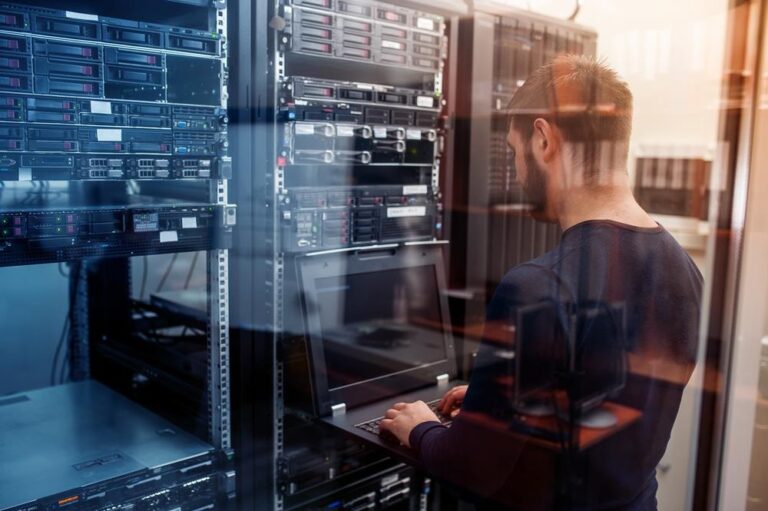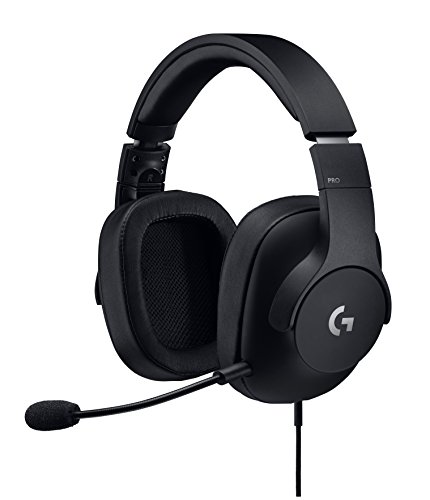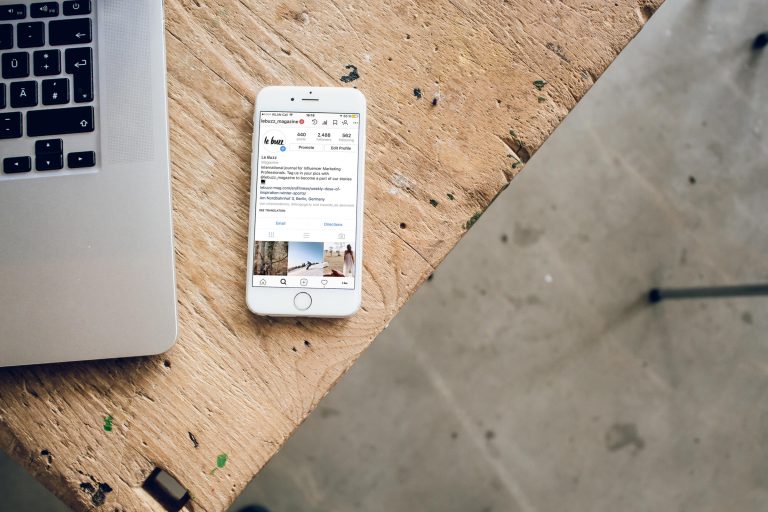When Should I Use VPN?
In today’s digital age, security and privacy have become major concerns for internet users. With the increasing amount of data breaches, cyber-attacks, and online surveillance, it’s essential to take measures to protect your online privacy. One popular tool that people use to achieve this is a virtual private network (VPN). However, many people are unsure about when they should use a VPN. In this article, we’ll discuss when you should use a VPN.
What is VPN?
A virtual private network (VPN) is a secure connection between your device and the internet. It works by encrypting your internet traffic and routing it through a server operated by a VPN provider. This allows you to mask your IP address and protect your online privacy. VPNs are commonly used to access restricted content, bypass censorship and geo-restrictions, and protect sensitive data when using public Wi-Fi networks. They are also used by remote workers to access company resources and maintain secure connections while working from home or on the go. VPNs have become an essential tool for anyone who values online privacy and security.
1. When Using Public Wi-Fi Networks
Public Wi-Fi networks, such as those found in coffee shops, airports, and libraries, are often unsecured. This means that anyone with the right tools and knowledge can easily intercept your internet traffic, including your sensitive information. By using a VPN, you can encrypt your internet traffic and protect your sensitive data from prying eyes.
2. When Traveling Abroad
When traveling abroad, you may find that some websites and services are restricted or blocked. This is because some countries have strict censorship laws that prevent access to certain websites and services. By using a VPN, you can bypass these restrictions and access the internet as if you were in your home country.
3. When Torrenting
Torrenting is a popular way to share files online. However, it’s also illegal in many countries and can expose you to legal penalties and fines. By using a VPN, you can encrypt your internet traffic and hide your IP address, making it more difficult for authorities to track your online activity.
4. When Accessing Geo-Restricted Content
Many streaming services, such as Netflix and Hulu, offer different content libraries depending on your location. By using a VPN, you can mask your IP address and access content that is normally only available in other regions.
5. When Working Remotely
Remote workers often need to access sensitive company data from public Wi-Fi networks or unsecured internet connections. By using a VPN, remote workers can encrypt their internet traffic and protect sensitive data from potential hackers and cyber-attacks.
6. When Protecting Your Online Privacy
Finally, you should use a VPN whenever you want to protect your online privacy. A VPN encrypts your internet traffic and hides your IP address, making it more difficult for hackers, advertisers, and other third parties to track your online activity. This is especially important if you frequently use public Wi-Fi networks or engage in online activities that involve sensitive information.
In conclusion, a VPN is a powerful tool that can help to protect your online privacy, secure your internet traffic, and bypass restrictions and censorship. You should use a VPN whenever you need to access the internet on an unsecured network when traveling abroad when torrenting when accessing geo-restricted content, when working remotely, and when you want to protect your online privacy. By taking advantage of this technology, you can enjoy a more secure and private online experience.








